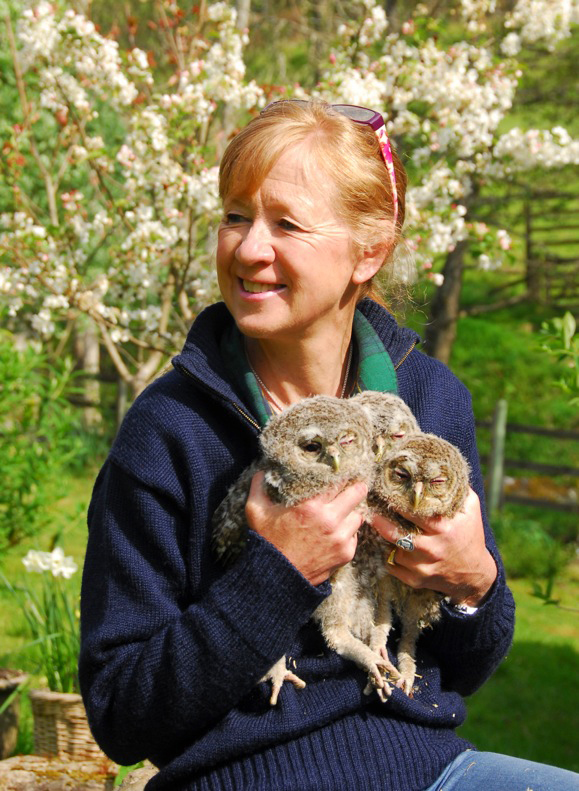Grass is extremely hard to digest due to its high cellulose content, which mammalian digestive enzymes struggle to break down. It was once believed that hares chewed the cud because they ate grass, but unlike most hoofed ruminants, hares don’t have four-chambered stomachs. So, they eat their own droppings instead.
These soft, green pellets, known as cecotropes, retain many undigested nutrients, including important minerals and protein.
By eating their droppings as soon as they pass, the animals extract this vital sustenance, giving themselves a second chance to metabolise their food. Thus the dry, hard little hare pellets that we may come across will have literally been squeezed of any nutrient value by the animal’s complex digestive system.
All lagomorphs (hares and rabbits) use this strategy, known as refection, as a means of extracting sufficient feed value from grasses and plant material to survive.
Do you have a wildlife question you’d like answered? Email your question to wildquestions@immediate.co.uk or post it to Q&A, BBC Wildlife Magazine, Immediate Media Company, Eagle House, Bristol, BS1 4ST.
